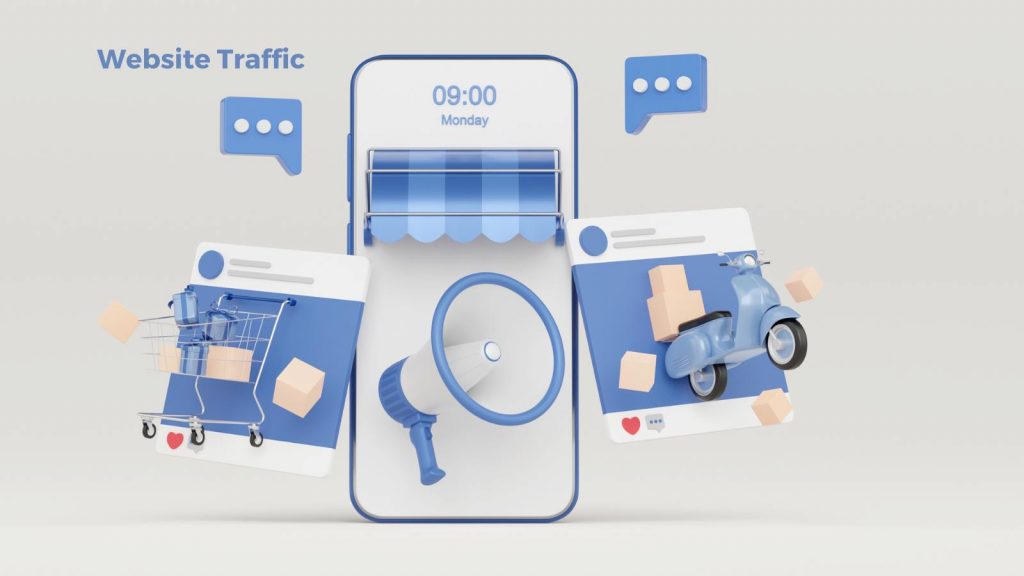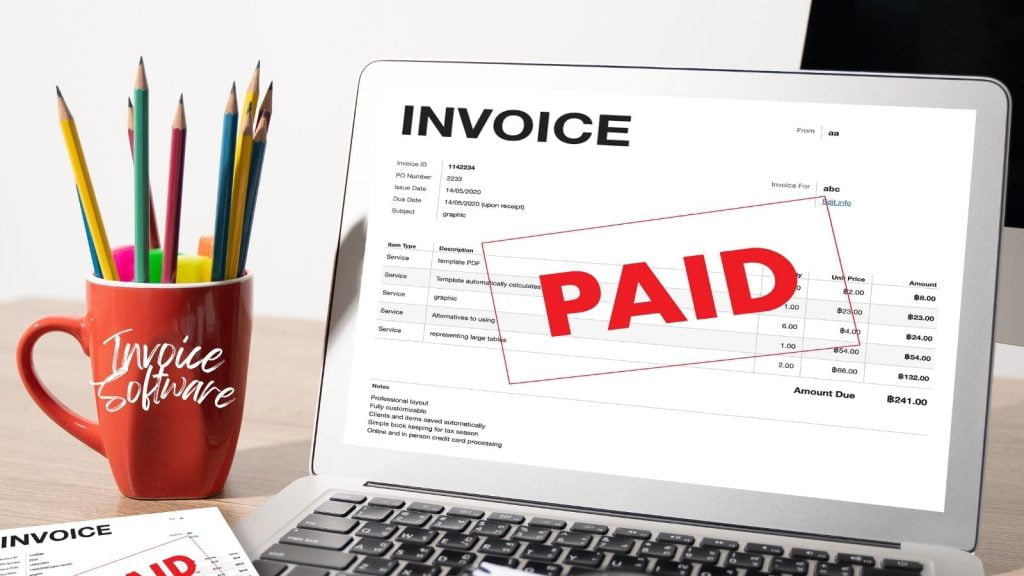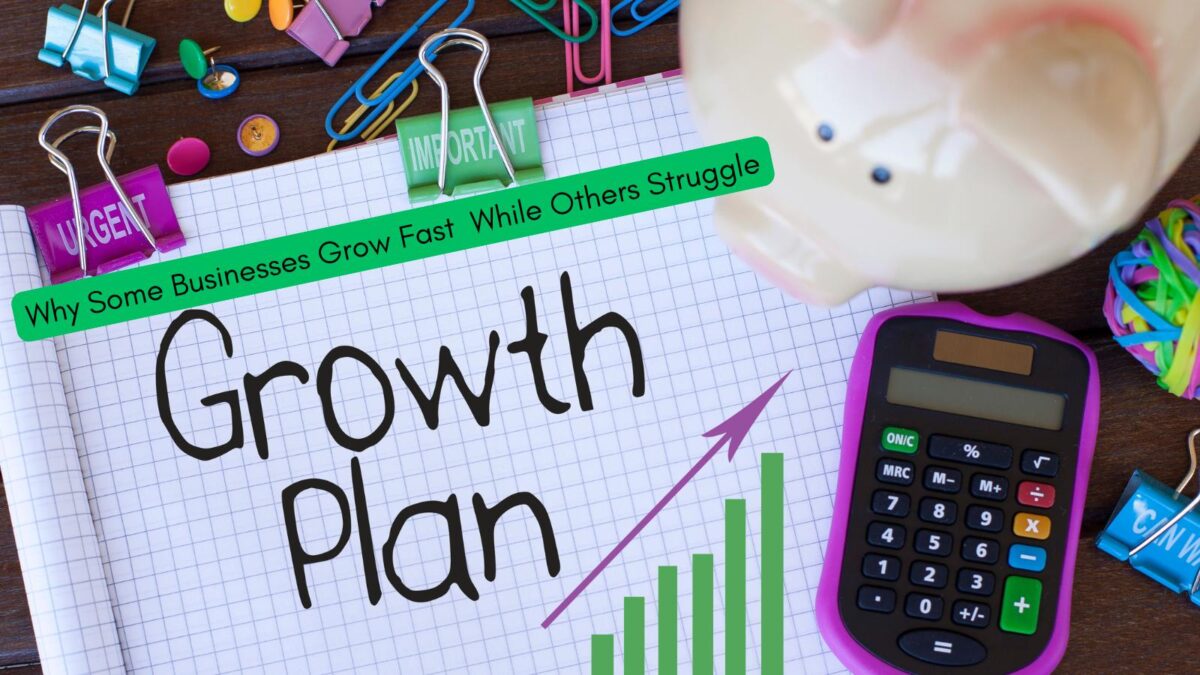SEO optimization is essential if you’re an online business or run a brick-and-mortar store. The higher your rank in search engines, the more traffic you’ll get to your website and the more sales you’ll make. Here are some SEO optimization tips from Small Biz Tipster for your e-commerce business.
Table of Contents
Key Takeaways
- Strong product and category pages with helpful copy, images, and metadata help ecommerce sites rank higher and convert more visitors.
- Intelligent internal linking sends readers to your best content, spreads link authority, and supports higher rankings for key pages.
- Video content with clear titles, descriptions, and keywords can increase engagement and improve your website’s SEO performance.
- Short, descriptive, keyword-rich URLs are easier for users and search engines to understand, which supports better rankings.
- Long-tail keywords attract more targeted visitors, face less competition, and can improve conversion rates for e-commerce stores.
Product and Category Pages for SEO Enhancement
Whether you’re building a new website or optimizing an existing one, it’s imperative to understand the on-page factors that affect your ranking. Understanding what your website visitors are seeking will help you make the content more engaging. Companies like Vazoola offer expert SEO services that can assist you with SEO optimization.
High-quality copy is a great way to show search engines which pages are on your site. It can also help your buyer personas understand the page. Adding images can also help your site visitors stay on the page longer.
Adding a secondary text box below each product can help visitors learn more about it. The text box should also be descriptive. It should be helpful for users, not just informative.
E-commerce category pages should have good-quality copy. They should also include targeted keywords and metadata.

Internal Linking
Adding internal links to your website will help improve your search engine rankings. Search engines like Google want to see relevant links to users, which is also a good way to strengthen your content marketing program.
This is one of the least-used SEO optimization tips that small businesses use today.
A great way to use internal links is to link to the most informative articles on your website. This can improve your visitors’ user experience and encourage them to go further. Another benefit is that it can improve your conversion rates.
Here is how to do it:
- Find your top pages
- Add links from related posts
- Use descriptive anchor text
Internal links are also a great way to spread link juice from low-traffic to higher-traffic pages. This is important for SEO optimization because it helps your page rank higher in the organic search results.
Adding internal links to your website is a simple process that will improve your search engine rankings. You can also benefit from internal linking by circling back to older content.
Video Content for SEO Optimization
Adding video content to your website can increase traffic, enhance engagement, and boost SEO rankings. But how can you optimize your video content?
The first step is to find out what your target audience wants to see. Then create video content that reflects your brand’s personality.
You can use videos to promote:
- Your products
- Educate viewers about your company
- Showcase special offers
- And more
Video metadata helps search engines understand what your video is about. This information includes your video title, description, and keywords. Your video’s metadata can help search engines determine how to rank it.
You can also include a link to your video on your website or the product page. The link should be descriptive. It should also include a keyword to make your video more relevant.
User-Friendly URLs for SEO Optimization
Using the right SEO-friendly URLs will make your site much more visible on the web. A well-optimized URL can help your site rank higher in Google search results and improve your user experience. It will also make it easier for you to share your content with others.
Google’s algorithm uses several factors to determine how well your website performs. In addition to keywords, these factors include:
- Images
- HTML code
- Data files.
You can make your URLs more SEO-friendly by ensuring they are appropriately structured and include the keywords you want to rank for.
The best SEO-friendly URLs include relevant keywords and are short and easy to read. If your URL is too long, you may lose visitors.
Lisa, Small Biz Tipster
Creating SEO-friendly URLs is not tricky. Many online tools can generate URLs for you. These tools include CMS plugins and SEO-friendly URL generators.
Long-Tail Keywords
Using long-tail keywords to improve SEO in e-commerce can increase conversion rates and help website owners find the right audience for their sites. In addition, they can help identify the:
- Categories
- Product pages
- Product variations that are most relevant to a specific audience
The best long-tail keywords for search engine optimization in a particular vertical market will depend on the target audience’s search intent. For example, someone searching for a wifi thermostat might be making a buying decision.
If the visitor is looking for a wireless charger, they might be researching options.
Using long-tail keywords for SEO optimization can be a powerful strategy and can help you rank for fewer keywords. These keywords are generally less competitive, allowing you to target a more specific audience.
Conclusion – Search Engine Optimization SEO
SEO optimization is not an add-on for e-commerce; it is the engine that keeps qualified traffic and sales flowing to your store, day after day. When you line up clear keywords, product descriptions, and technical SEO, you build a path that guides buyers straight to your checkout.
Start with a few high-intent keywords, update your top money pages, then track what moves the needle. If you are ready to grow, pick one product category today and apply stronger search engine optimization to it before anything else.
Frequently Asked Questions About E-commerce SEO Optimization
What is e-commerce SEO optimization, and why does it matter?
E-commerce SEO optimization is the process of improving your online store so search engines can understand, rank, and show your pages to the right people. When you optimize product pages, category pages, links, URLs, and keywords, you increase your visibility in organic search. Higher rankings usually mean more targeted traffic and more potential sales without paying for every click.
How do product and category pages help improve SEO for e-commerce sites?
Product and category pages support SEO when they include helpful, high-quality copy, descriptive text boxes, targeted keywords, and complete metadata. Good copy tells search engines what the page is about and helps buyers understand if the product is right for them. Images and extra product details can keep visitors on the page longer, which sends positive signals to search engines and can improve rankings over time.
Why is internal linking important for e-commerce SEO?
Internal linking helps search engines discover and understand your website’s structure. When you link to your most informative or profitable pages from other related pages, you guide both users and search engines to your best content. This can improve user experience, increase time on site, and spread link authority from low-traffic pages to higher-value pages, which supports better rankings and conversions.
How do video content and metadata affect SEO?
Video content can increase engagement, time on page, and overall user satisfaction, all of which support SEO. When you add video, you should also optimize video metadata, such as the title, description, and keywords. Clear, keyword-focused metadata helps search engines understand your video topic. Linking videos to relevant product or category pages can also make those pages more useful and more likely to rank.
What makes a URL SEO-friendly for e-commerce pages?
An SEO-friendly URL is short, easy to read, and contains relevant keywords. It should describe what is on the page without extra clutter or random characters. Well-structured URLs make it easier for users to remember and share links and help search engines understand how your site is organized. This can improve click-through rates in search results and support higher rankings for essential pages.
How can long-tail keywords help an e-commerce store get more sales?
Long-tail keywords are longer, more specific search phrases that reflect a clear search intent, such as a product type or buying stage. These keywords usually have lower search volume but lower competition, so they can be easier to rank for. When you use long-tail keywords on category pages, product pages, and product variations, you attract visitors who often know what they want, which can lead to higher conversion rates.






I’m keeping an eye out for all the new SEO-related information you post about. I’ve bookmarked your page so that I can easily refer back to it.
Hi George, Thanks. Welcome to small Biz Tipster. I also have a lot more on SEO on my marketing blog https://inspiretothrive.com I’m focusing more on SEO this year. I appreciate your coming by.